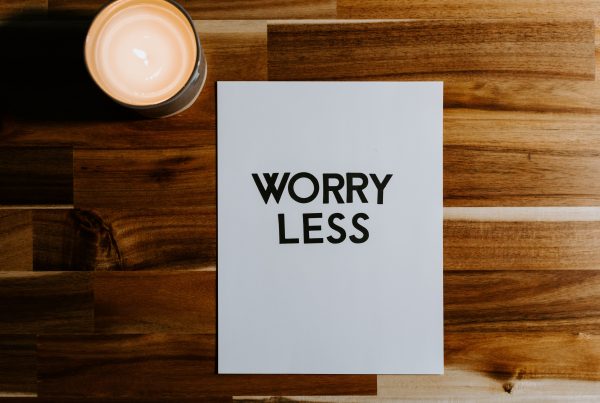Once you become a Limited Company you are then a Director of your Limited Company and as such are a completely separate entity to your business. This means that you effectively become an employee of your own company and the way you pay yourself is very different to if you were a sole trader.
Here you have three options:
- Take a salary via payroll – you pay yourself a nominal salary each month that is declared to HMRC
- Dividends – you can also pay yourself out of post tax profits providing and ONLY providing the company has made enough profits for you to do so.
- Expenses – you can reimburse yourself for business expenses that you have paid personally.
Any funds that you then take out of the business which do not fall into one of the above are classed as a Directors Loan.
It works the other way too … so if you put money into the business from your own personal funds, maybe to help with a temporary dip in cashflow, this is also classed as a loan. Similarly if you have unpaid expenses, dividends or salary these will go into your Directors Loan account until you repay yourself from the business.
The crucial thing with Directors Loan accounts is that you keep an eye on the balance of the loan account regularly. If it’s in credit then all is good ie the business owes you money and there are no implications regarding tax and the balance owed to you is effectively tax-free money as and when you decide to repay yourself.
Now if your Directors Loan goes overdrawn ie, ,you owe the business then be careful as there could then be tax implications. The important date to remember is your company accounting year end and if you can repay the loan prior to your year end there will be no problem.
If however you are not able to repay the overdrawn Directors Loan balance by your year end then your accountant will have to declare this to HMRC. You then have 9 months from the year end date to repay this money back to your company and if you do this there are no tax implications.
Where it get’s sticky is if you fail to pay back the loan within 9 months and this then incurs an additional whopping 32.5% of additional tax on the loan amount. If the loan is more than £10k then you also need to record this on a P11D and the loan is then liable for Personal Tax as well as National Insurance!





